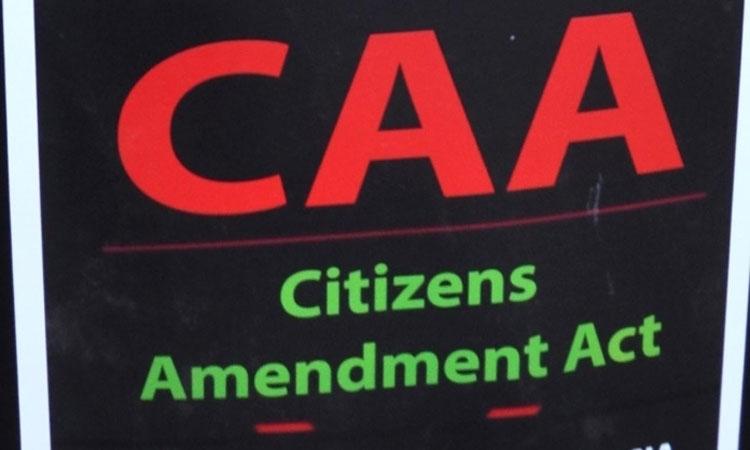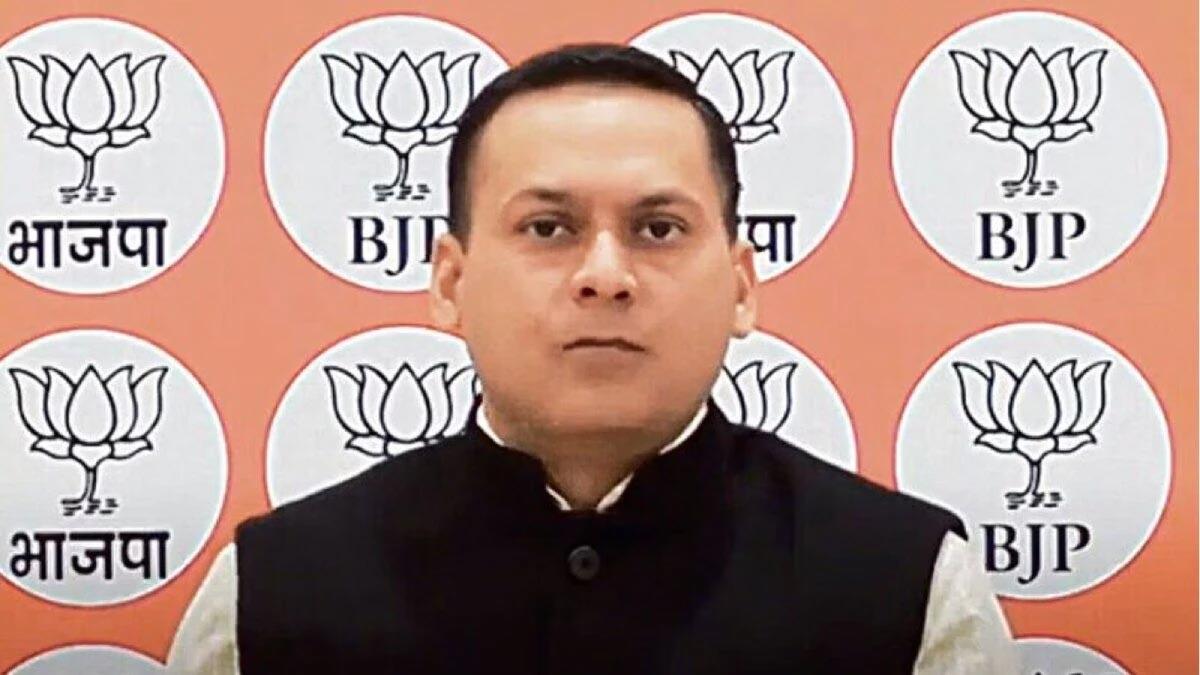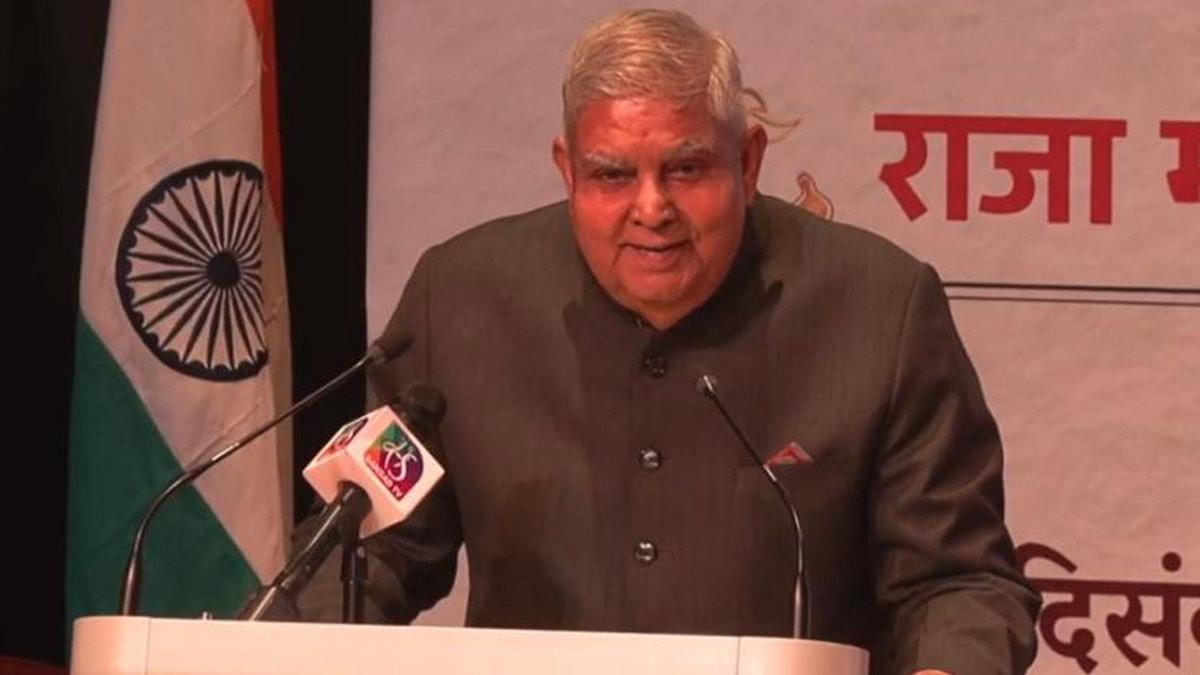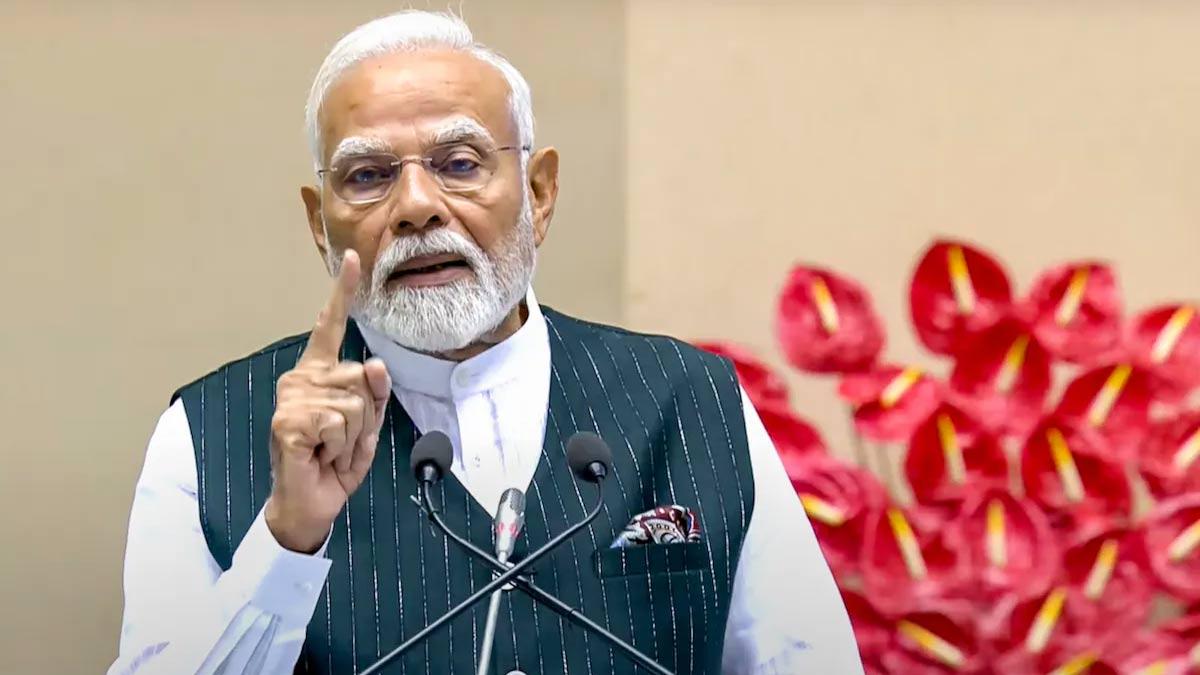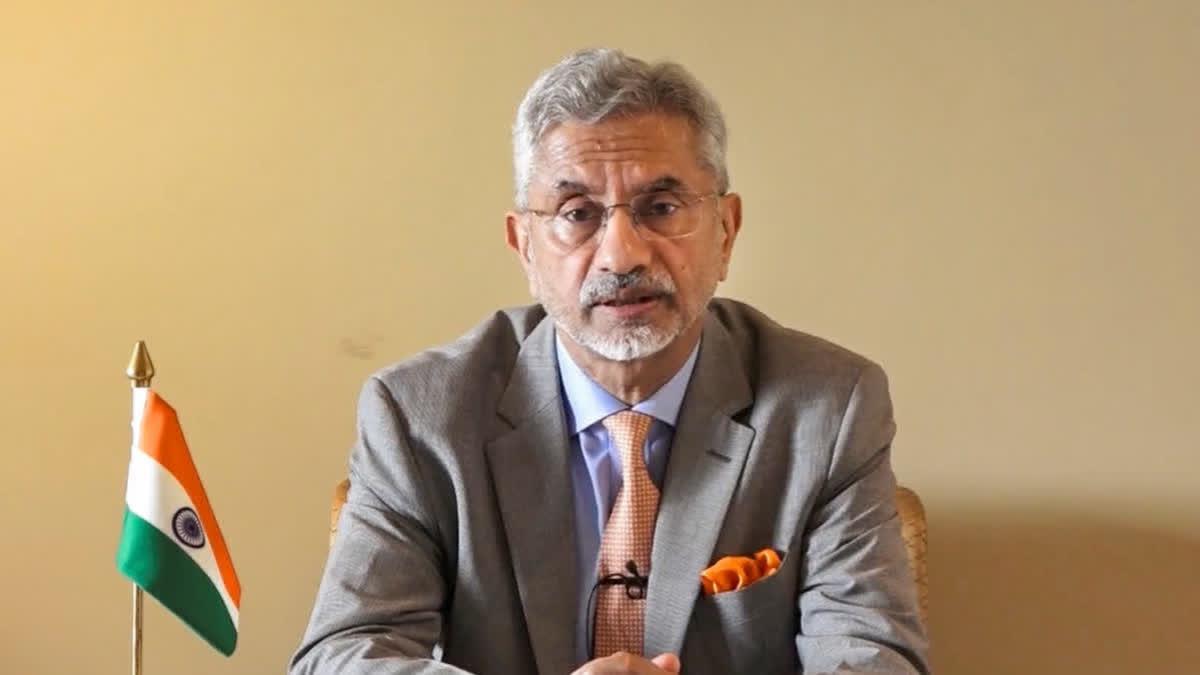When the Citizenship Amendment Act (CAA) was passed on December 11, 2019, it sent the youth of the nation into a frenzy. Central Universities, particularly in the national capital, erupted in protests.
This Act grants citizenship to refugees from six communities of religious minorities from Pakistan, Afghanistan and Bangladesh only if they have lived in India for at least six years.
This amendment of the Citizenship Act of 1955 provides a means to acquire Indian citizenship for persecuted religious minorities that are Hindus, Sikhs, Buddhists, Jains, Parsis or Christians, who entered India before December 2014.
This legislation was widely criticised for denying such eligibility to Muslims and discriminating on grounds of religion.
This was also the first time that religion was overtly a criterion for citizenship under an Indian law. The world watched. And criticised.
The CAA was brought in by the ruling saffron party which had promised in its election manifestos that citizenship would be granted to people of persecuted religious communities that migrated from the three neighbouring countries.
This amendment relaxed the residency requirement from twelve to six years for these migrants to be naturalised for citizenship.
Also Read | Explainer: The positives and flipside of a caste census
As per IB records, there are at least 30,000 immediate beneficiaries of this development. This is said to include about 25,447 Hindus, 5,807 Sikhs, 55 Christians, 2 Buddhists and 2 Parsis.
Reasons for drawing flack
There is a concern that this law, along with the National Register of Citizens (NRC), could be used to render many Muslim citizens stateless if they are unable to produce identity proof.
There also remains the unanswered question about not considering religious minorities from other neighbours like Myanmar, Tibet, and Sri Lanka.
India's stand is that since three of its prominent neighbours - Bangladesh, Pakistan and Afghanistan - already have Islam as their state religion, it is presumed that it is "unlikely" that Muslims there would be at the receiving end of religious persecution.
However, communities like the Hazaras in Afghanistan and Ahmadis in Pakistan are known to face persecution.
Why the protests
Apart from offending intellectual sensibilities as seen in university-centric unrests, the northeastern states (particularly Assam) were panic-stricken by this legislation since if the CAA granted Indian citizenship to immigrants and refugees, the locals will stand to lose their "political rights, culture, and land rights." There was also the fear that this provision would bring in more migrants from Bangladesh.
In the wake of the protests that had turned violent, some states announced that they would not implement the Act. In response, the Union Home Ministry said that states do not have the authority to stop its implementation.
However, the Act exempts the tribal areas of Assam, Meghalaya, and Tripura from its applicability, in addition to the areas regulated through the Inner Line Permit (the permit for an Indian to travel into a protected area for a limited period) in Arunachal Pradesh, Mizoram and Nagaland. Manipur was included in the Inner Line Permit on December 9, 2019.
The law that was
When the Constitution was implemented in 1950 it guaranteed citizenship to all residents of India irrespective of religion.
The Citizenship Act of 1955, subject to certain limitations, accorded citizenship to all born in India. It also provided for foreigners to acquire Indian citizenship.
Those from "undivided India" were allowed to register for citizenship after seven years of residency in India. Those from other countries were allowed to be naturalised after twelve years of residency in India.
Developments in the 1980s, particularly those pertaining to the violent movement in Assam against migrants from Bangladesh, led to revisions in the Citizenship Act of 1955.
In 1985, the Act was first amended after the Assam Accord was signed by the Rajiv Gandhi government. This granted citizenship to Bangladeshi migrants who had come before 1971. The government also agreed to identify all migrants that arrived after this time, remove their names from the electoral rolls, and send them back.
This law was amended again in 1992, 2003, 2005 and 2015.
In December 2003, the BJP-led National Democratic Alliance government amended the Act with significant revisions, bringing in its purview the notion of "illegal immigrants" who are ineligible for citizenship by registration or naturalisation.
Illegal immigrants were those who entered India without valid travel documents, or those who remain beyond the permissible period. They were liable to be deported or imprisoned.
The necessity for the NRC came about following the 2003 amendment. This was supported by the Congress and prominent Left parties.
The emerging vote bank
In 2004, the United Progressive Alliance (UPA) government said that there were 12 million illegal Bangladeshi migrants in India. Owing to porous borders, linguistic ties, and economic constraints, there was an influx of Bangladeshi refugees in India. This increase in headcount brought with it the scope of as many votes.
As per Bangladeshi scholar Abul Barkat, over 11 million Hindus left Bangladesh for India between 1964 and 2013. The reason for the migration was religious discrimination/persecution by the post-independence military regimes.
India is neither a signatory to the 1951 UN Refugee Convention nor to the 1967 Protocol which pertains to the status of refugees. It has no national policy on refugees and classifies all refugees as "illegal migrants".
Also Read | BJP, Bihar Grand Alliance plot ways to upset caste equations of rivals
Despite the humanitarian gesture of hosting refugees, the Nehruvian stand on the matter was that these refugees must return to their homeland once the situation there normalises.
The prevailing political situation
However, for the current political dispensation, the "detection, deletion and deportation" of illegal migrants has been on the agenda since 1996. In fact, in the 2016 assembly elections in Assam, the BJP promised that it would rid the state of Bangladeshis.
This promise was made while they also promised to protect Hindus that had fled religious persecution in Bangladesh.
In this process, the proposal for granting citizenship took on a new meaning - that "illegal" migrants were eligible for citizenship as long as they were not Muslims, and only Muslims would be deported.
The BJP's manifesto for the 2014 general election had promised a "natural home" for persecuted Hindu refugees.
In 2015, before elections in Assam, refugees belonging to religious minorities from Pakistan and Bangladesh were legalised and were given long-term visas.
The BJP government introduced a bill to amend the citizenship law in 2016. The bill stalled in parliament after there were widespread protests in the northeast.
As a result of a 2014 Supreme Court ruling, the NRC was implemented in Assam. The updated register was made public in August 2019, and approximately 1.9 million residents were not on the list, i.e., they stood a chance of losing their citizenship.
Many of those affected happened to be Bengali Hindus - a major vote bank for the BJP.
Towards the end, the BJP withdrew its support for the Assam NRC.
On November 19, 2019, Union Home Minister Amit Shah declared in the Rajya Sabha that the NRC would be implemented throughout India.

